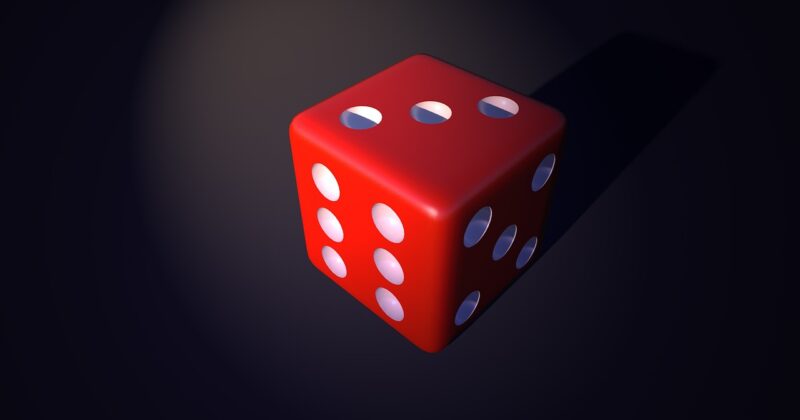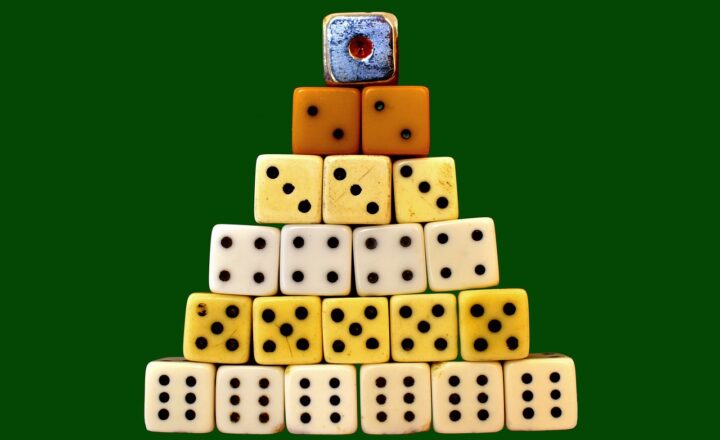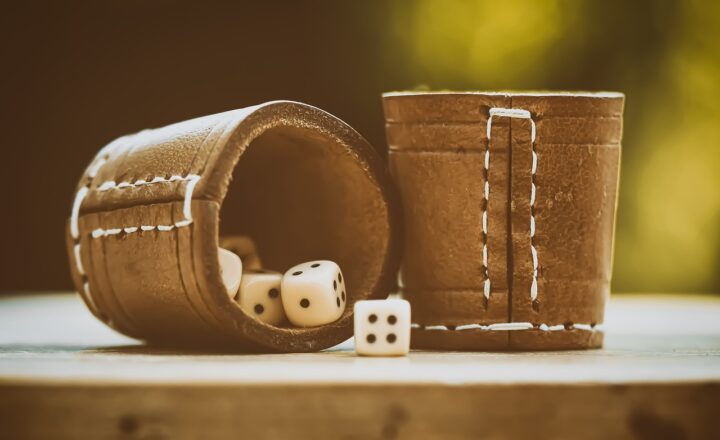The Mathematics of Luck: Understanding Odds, Randomness, and Probability
November 12, 2024

Luck plays an enigmatic role in our lives, often influencing our decisions and outcomes. From gambling to lottery winnings, luck seems both random and predictable. But beneath this surface lies a realm of mathematics that governs every occurrence of what we perceive as luck. In this comprehensive exploration, we will delve into the concepts of odds, randomness, and probability, unraveling the intricacies that define our experiences with luck.
1. Defining Luck
Luck is a term often used to describe events that seem to occur by chance. While some individuals swear by their lucky charms and rituals, others approach luck with skepticism, viewing it as mere coincidence. Statistically, however, luck can be analyzed and understood through the framework of mathematics; specifically, through the lens of odds and probability.
The essence of luck can manifest in various forms:
- Good Luck: Positive outcomes that occur beyond what is statistically expected.
- Bad Luck: Negative outcomes that deviate negatively from statistical norms.
- Neutral Luck: Events that unfold as predicted without surprising outcomes.
The perception of luck is often subjective, leading to different interpretations based on personal belief and experience.
2. The Foundations of Probability
Probability serves as the backbone of the mathematical study of luck. Essentially, probability quantifies the likelihood of a specific event occurring among a set of possible outcomes. The formula for calculating probability is:
Probability (P) = Number of Favorable Outcomes / Total Number of Possible Outcomes
For example, when rolling a fair six-sided die, the probability of rolling a three is:
P(rolling a 3) = 1 (favorable outcome) / 6 (total outcomes) = 1/6 or approximately 16.67%
This basic principle helps demystify the randomness attributed to luck and provides a clear framework for understanding how likely an event is to occur.
3. Understanding Odds: A Different Perspective
While probability measures the chance of an event occurring, odds compare the likelihood of an event happening against it not happening. Odds are expressed as a ratio. Using the die example again, the odds of rolling a three are:
Odds in favor of rolling a 3 = 1 (favorable outcome) : 5 (unfavorable outcomes) = 1:5
Understanding odds is essential in contexts like gambling, wagering, and risk-taking scenarios. For instance, in sports betting, odds are commonly used to determine payouts, making it vital for bettors to grasp how these ratios work.
4. Randomness: The Role of Chance
Randomness forms the core of many events perceived as lucky or unlucky. Events that occur randomly adhere to the principles of probability but can produce outcomes often viewed as extraordinary or improbable.
Randomness can be illustrated through:
- Coin Tosses: The flip of a fair coin has two outcomes (heads or tails), with a probability of 50% for each side. The unpredictability of the result contributes to the concept of random luck, especially in decision-making scenarios such as making choices or resolving disputes.
- Lottery Draws: Purchasing a lottery ticket may provide a minuscule chance of winning colossal prizes. Each lottery ticket has a severe disadvantage, with probabilities often calculated in millions against one, heightening the allure of luck.
- Random Walks: In mathematics, a random walk is a mathematical formalization of a path consisting of a succession of random steps. This applies in numerous fields, including physics, finance, and ecology, showcasing how unpredictable events can lead to various outcomes over time.
Overall, randomness plays a pivotal role, influencing decisions and perceptions that elevate the idea of luck in everyday contexts.
5. The Gambler’s Fallacy: Misunderstanding Probability
A common misconception involving luck and probability is the Gambler’s Fallacy. This fallacy occurs when individuals believe that past random events can influence future independent events.
For example, if a roulette wheel lands on red multiple times in a row, a player might mistakenly believe that landing on red again is less likely. In reality, each spin is independent, maintaining the same probability of red or black regardless of previous outcomes.
Understanding this fallacy is crucial because it often contributes to irrational gambling behaviors, leading individuals to chase losses or make poorly informed decisions based on unfounded beliefs about luck.
6. Practical Applications of Probability in Everyday Life
Applying probability and odds extends beyond gambling; they actually permeate numerous aspects of daily life:
- Insurance and Risk Assessment: Insurance companies calculate risks and premiums based on the probability of specific events occurring, such as accidents or natural disasters. This statistical analysis informs policy decisions and pricing structures.
- Investments and Finance: Investors utilize probabilistic models to analyze market behaviors, forecast trends, and manage risks, assessing the likelihood of successful investments and potential returns.
- Healthcare Decisions: In medicine, probabilities underpin decisions on treatment plans, risk assessments for diseases, and outcomes based on patient-specific statistics public health policies informed by population data and probabilities.
These applications demonstrate that understanding odds and probability is beneficial, empowering individuals to make informed decisions based on statistical rationale rather than blind luck.
7. Conclusion: Embracing the Balance of Luck and Mathematics
Ultimately, the mathematics of luck invites us to explore the intricate relationship between randomness, probability, and our perceptions of luck. While we cannot control the chaotic nature of randomness, we can leverage our understanding of probability and odds to make more informed decisions in various aspects of our lives.
As we navigate a world full of uncertainties and unpredictable outcomes, let us embrace the balance of luck and mathematics, reminding ourselves that understanding probability enriches our experiences with luck, empowering us to navigate life’s whims wisely. Whether engaging in games of chance or approaching critical life decisions, blending insight with intuition fosters a grounded perspective on what it truly means to be lucky.







